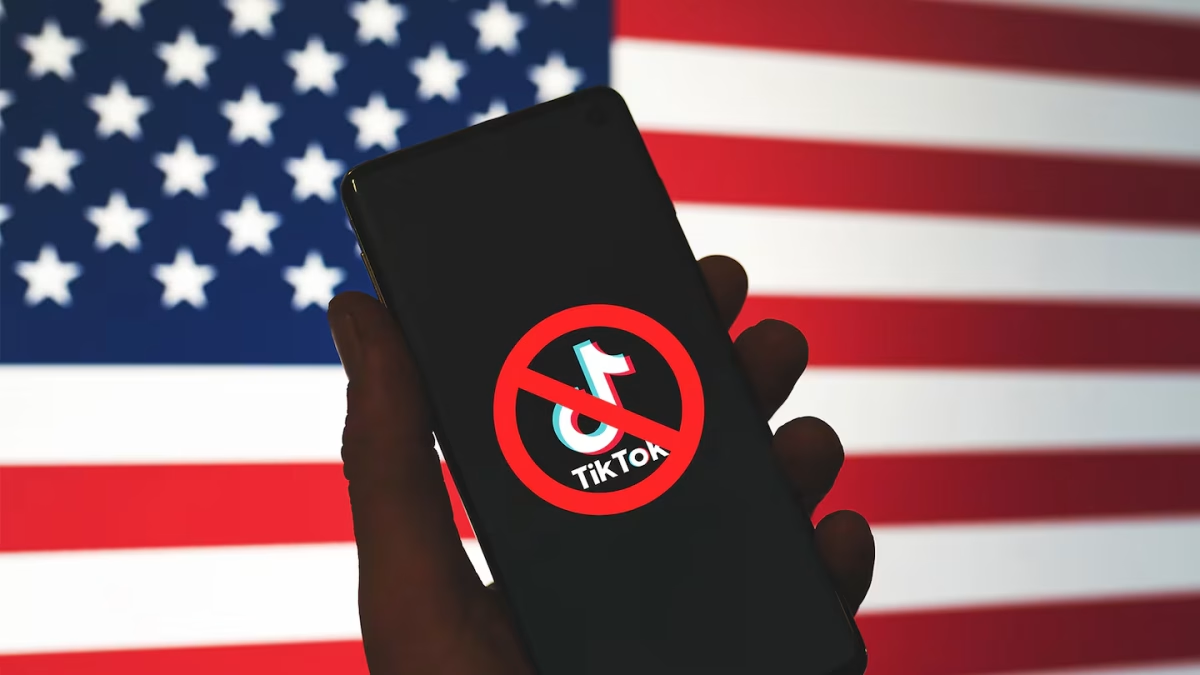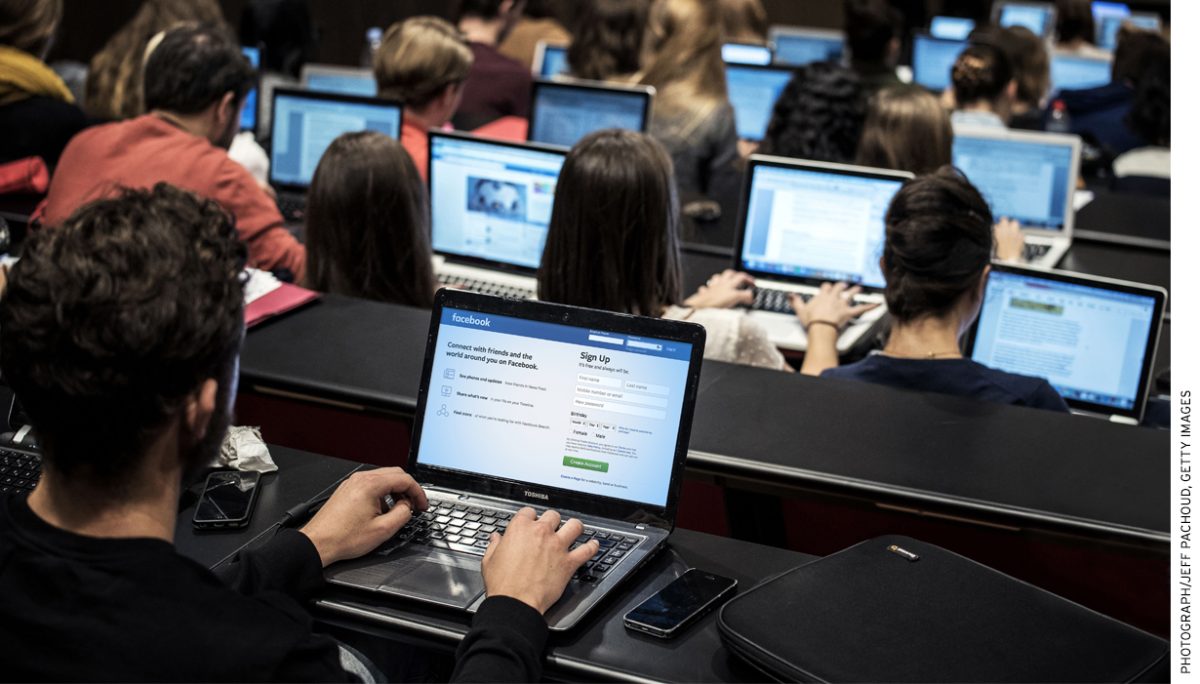AI is used as an “easy way” for students to learn and get an education. How will AI transform education for future generations? AI assistants offer guidance to students using systems that simulate human interactions.
What will AI provide to students’ education that teachers and professors can not? According to “The impact Of AI tools On The Next Decade of Education Innovation,” AI provides immediate feedback to students, which can enhance understanding and learning outcomes. According to 10th grader Ja’mya Smith at Westwood, “AI helps me by giving small details about the question I’m asking.”
AI can be a big help to teachers and students, but why use AI if you have someone who can teach you the same things? AI can hold more information than humans and access information faster than humans. According to Ms. Branch; an Biology teacher from Westwood, “AI can help students reason better, and some people are good with expression to help them get a comparison,”
Why is AI such a vast commitment to students’ education? When is AI necessary for student learning? Where are students most likely to use AI tools, in schools, universities, or independently at home? There are lots of questions when it comes to this topic.
AI is a vast commitment to students’ education because it gives deeper insights into students’ work, helping them see their strengths and weaknesses. AI is necessary for students’ learning when it comes to specific learning needs and context. Students are most likely to use AI in their schools/universities.
According to the article “Five predictions for higher education in 2025”, AI will continue to provide new opportunities and frustrations, programs will continue to take a hit, and Campus culture wars will continue. “What will that look like? Every student who graduates from a higher education institution should have at least one core course in AI or significant exposure to AI tools”. This information alignment was created on January 1, 2025.
According to the Google form “Education,” Two out of three students believe education can provide a positive learning environment that supports emotional well-being. From these results, I can infer that education provides positive learning environments for those in need.
AI is transforming education by providing students with immediate feedback and enhanced learning insights, which can surpass traditional teaching methods. It holds vast information and is most effective in school and university settings, prompting discussions about its necessity in modern education. Additionally, there are concerns about the learning environment, as many students feel it does not adequately support their emotional well-being.
























